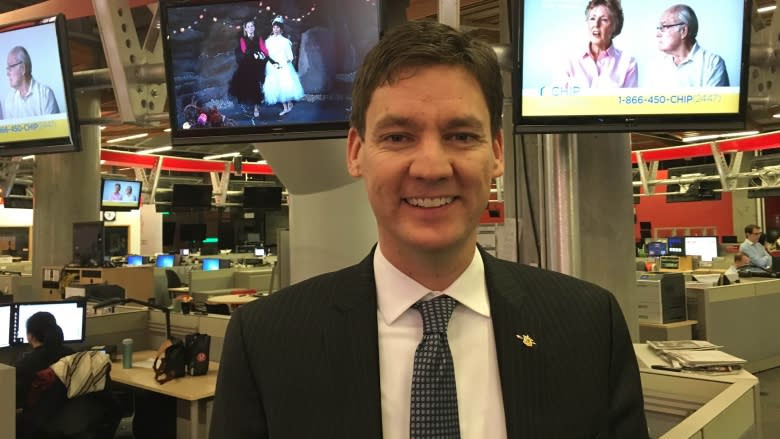B.C. universities need minimum standards when responding to sexual assault, says MLA
Advocates are calling for province-wide change in the way universities handle allegations of sexual assault from current or former students.
David Eby, the NDP MLA for Vancouver-Point Grey, is urging the provincial government to set a minimum standard for how B.C. universities respond to such reports.
This comes after the University of British Columbia issued a public apology to a group of students for failing to act quickly on their complaints regarding a 28-year-old graduate student from Russia.
The student, Dmitry Mordvinov, was a PhD history student. UBC received at least six complaints about Mordvinov, including harassment and sexual assault, dating to the Spring of 2014.
It expelled him last week. He says he is appealing.
Eby says two of the women, who filed complaints against Mordvinov, came to him before the fifth estate aired its investigation and he was shocked by what they told him.
"I thought they had procedures in place to respond to these kinds of issues as they arose. it was clear as I heard these stories from these women that wasn't the case," he said.
In an email to CBC, a spokesperson for the Ministry of Advanced Education, said:
"[The minister] is working with post-secondary institutions in the province to make sure their policies on sexual assault are at least up to date.
A province-wide minimum standard
Eby, who is also a human rights lawyer, says the province has an ethical obligation to implement a minimum standard that universities must follow when they receive a report of sexual assault.
"There are certain minimum standards that I think all schools in British Columbia need to think about implementing and that I think the province can encourage them to think about, and in fact, mandate them to implement, through provincial law."
Eby says all schools should have a point team that can help people go through options with someone who has been sexually assaulted — a resource that did not exist for the women who filed the complaint against Mordvinov.
"There was nobody who really sat down and said, here are the options, here are consequences, here's what I've seen in my expertise."
Kaitlin Russell, a grad student who tried to get her department to take action against Mordvinov on the women's behalf, told CBC that she found UBC had no process for cases like hers.
That needs to change throughout the province, says Eby. Larger universities like UBC may be able to implement bigger programs addressing the issue but smaller regional universities and colleges should still have a minimum standard they must follow, he said.
"There's no excuse why any university or college in B.C. shouldn't have a 24-hour number that a student can call and reach somebody who's trained in sexual assault and sexual harassment and get advice on immediately and support going to the police."
Breaking the silence
As for UBC's response to the problems around reports of sexual assault, Eby says the university has to first start talking about the issue.
"The first thing to do is to break that silence and openly discuss, how do we address this issue."
He says it is vital for UBC to include the women who filed the complaint in that discussion.
"To bring these women in, who are experts in the particular failures that they experienced at UBC, and to say how can we improve, where did we let you down," he said. "And to turn the big minds that they've got out there at UBC toward solving those problems on that campus."
To listen to the full audio, click the link labelled: B.C.-wide campus sex assault policy.



